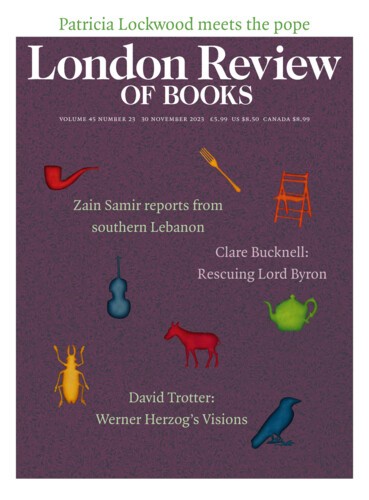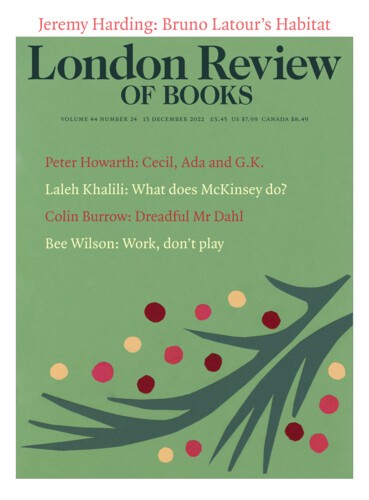Flying Man: Central Asian Polymaths
Helen Pfeifer, 10 October 2024
In the early 11th century, at Nandana, a fort in the mountains of northern Punjab, the polymath Abu Rayhan al-Biruni realised his dream of measuring the size of the earth. Two centuries earlier, the Abbasid caliph al-Ma’mun had sent a group of astronomers into the desert for the same purpose. The advantage of Biruni’s method was that it ‘did not require walking in...





